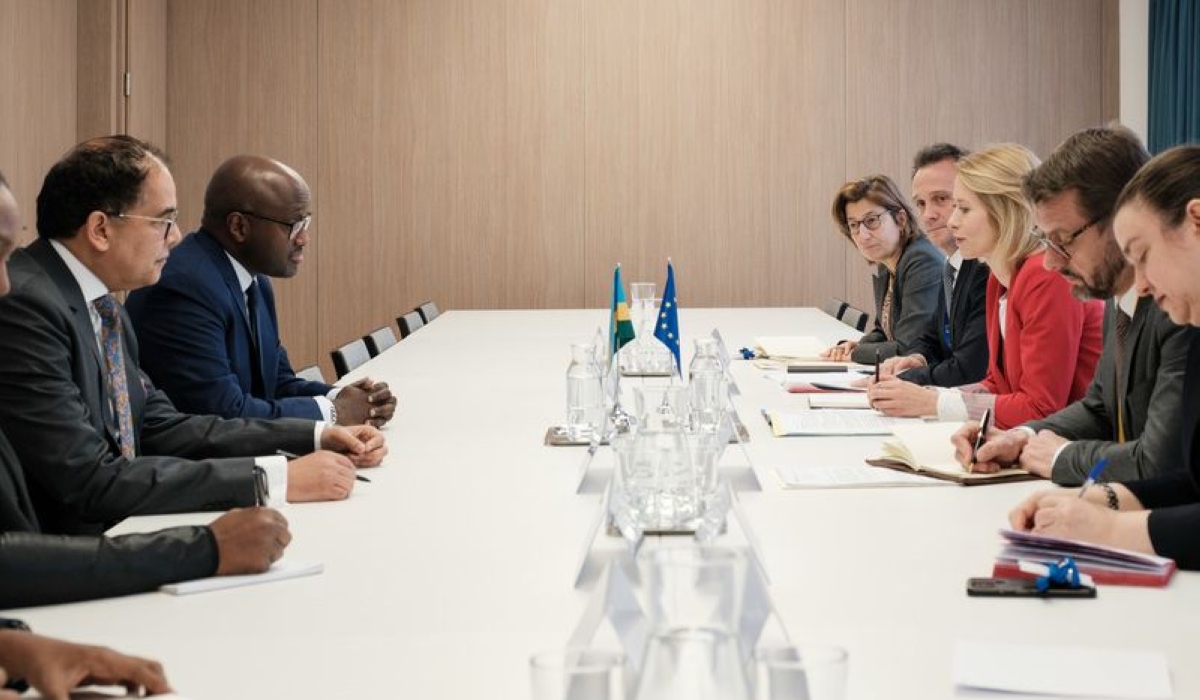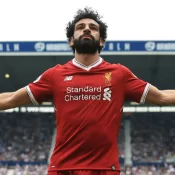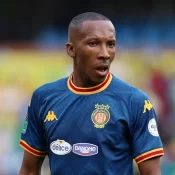
DR Congo’s shortcomings will not be borne by Rwanda, according to Nduhungirehe, a key EU ambassador
In a meeting with EU High Representative for Foreign Affairs and Security Policy Kaja Kallas on Monday, March 10, foreign minister Amb Olivier Nduhungirehe made clear that Rwanda did not initiate the conflict in eastern DR Congo, “and we will not accept to bear the burden of” the country’s governance and security shortcomings.
In Brussels, Belgium, Kallas, the vice-president of the European Commission, the main executive branch of the European Union, met with the minister and his group.
“Rwanda’s national security concerns have long been ignored or dismissed, despite the existential threat” posed by the “FDLR genocidal militia and hostile military forces allied with the Congolese army that were active in our border area,” which are based in or supported by the Democratic Republic of the Congo, Nduhungirehe reaffirmed in a post on X.
In 2021, a coalition of the Congolese government army, including the FDLR, a terrorist militia based in the Democratic Republic of the Congo and founded by the masterminds of the 1994 Genocide against the Tutsi, over 10,000 Burundian troops, 1,600 European mercenaries, South Africa-led SADC forces, and UN peacekeepers, began fighting the M23 rebels.
M23 is currently a member of the Alliance Fleuve Congo (AFC), a broader and rapidly growing rebel group that was established in December 2023.
After driving out the large Congolese army coalition, the rebels have been advancing across North and South Kivu provinces since January, capturing large areas of land. On January 27, the rebels took control of Goma, the capital of North Kivu Province, and restored order after intense combat sparked by persistent violations of an earlier ceasefire by the Congolese army coalition. The rebels made another move as the security situation in South Kivu worsened due to reports of atrocities, bloodshed, and looting spread by the Congolese army coalition. On February 15, they moved south to seize the regional capital, Bukavu, after first seizing the vital Kavumu airport.
Kigali has denied the Congolese government’s allegation that Rwanda is aiding M23 rebels. The majority of the rebels were originally members of the Kinyarwanda-speaking Congolese population, which has been persecuted by its own government for decades, despite having Rwandese ancestry or culture.
Their rebel movement began as a result of discrimination and targeted ethnic violence committed by successive Congolese administrations who wanted to deport them by labeling them Rwandans.
Nduhungirehe emphasized in Brussels that the one-sided actions against Rwanda and the useless misinterpretation of the eastern DR Congo problem will not result in a resolution.
He reaffirmed that the Congolese government “only serves to embolden” in its decision to prolong the conflict and undermine the African-led mediation process, to which Rwanda is fully committed, due to the unhelpful interpretation of the eastern DR Congo situation and the biased actions taken against Rwanda.
Kigali’s stance on the conflict has always been that, first, there should be an end to fighting across the eastern Democratic Republic of the Congo. Next, political processes should resume, primarily a dialogue between the AFC/M23 and the Congolese government to resolve issues permanently by addressing the underlying causes.
Following the meeting, Kigali “reaffirmed that M23/Rwanda must respect” the territorial integrity of the Democratic Republic of the Congo, halt advances, and leave occupied area, according to Kallas, who had advanced the Congolese government’s claim that Kigali backs the AFC/M23 insurrection.
Amb. Peter Fahrenholtz, the former German ambassador to Rwanda, Bangladesh, Eritrea, and Guinea, responded to Kallas’ post on X by posing the question, “Are M23 not DRC citizens? Did European mercenaries not engage in combat with them in the Democratic Republic of Congo? In the eastern DRC, who will defend ethnic minorities?
“M23 are Congolese fighting for their right to exist and freedom from extermination on their homelands, Congolese territory,” said communications specialist David Toovey.
Rwanda has never left the negotiating table, according to Toovey and others, and the Congolese government is the one that declines to attend regional summits or engage in political negotiations with M23, “preferring instead to use Rwanda as a scapegoat and undermine regional peace processes.”
Nduhungirehe reaffirmed on March 1 that the world’s superpowers ignore Kigali’s claims of the “direct threat” FDLR poses to Rwanda’s security, claiming that the genocidal militia’s fighters are merely a group of “old and weak” individuals and that Rwanda is exploiting them as a pretext to “invade Congo for minerals.” Just moments earlier, FDLR Brig Gen Ezechiel Gakwerere and 14 other individuals who had been taken prisoner by AFC/M23 rebels in the conflict with the Congolese government coalition—which consists of Burundian forces, troops from the Southern African Development Community (SADC), and local militias known as Wazalendo—had been repatriated from eastern Democratic Republic of the Congo. During the 1994 Genocide against the Tutsi, Gakwerere is suspected of participating in the assassination of Rosalie Gicanda, Rwanda’s final queen.
Origins of conflict
The former FAR, politicians, and Interahamwe militia members who had committed the genocide fled in large numbers, armed, to eastern DR Congo, then known as Zaire, after the Rwanda Patriotic Army overthrew the genocidal regime and put an end to the genocide against the Tutsi in July 1994. Later, the Army for the Liberation of Rwanda (ALIR) was formed by the remaining militia and army members of the overthrown murderous dictatorship.
They founded FDLR in 2000 to avoid or disassociate themselves from their heinous actions, shortly after the US government designated it as a terrorist organization for killing US tourists in Uganda’s Bwindi Forest.
The militia was established on May 1, 2000, when its founders assembled in a sizable hall in Lubumbashi, the second-largest city in the southeast of the Democratic Republic of the Congo, which is located along the Zambian border.
The genocidal militia intends to reenter Rwanda with force and carry out its genocidal mission. The international community is silent about hate speech and targeted executions of Kinyarwanda-speaking people in the Democratic Republic of the Congo, whose government is linked to the atrocities, in addition to the genocidal militia’s threat to regional stability.
On February 26, before the 58th Human Rights Council in Geneva, Switzerland, Nduhungirehe discussed the impunity with which Congolese government soldiers were attacking Banyamulenge communities in South Kivu region. According to him, targeted violence and hate speech against Tutsi populations in Congo “have become distressingly commonplace.”
Bertrand Bisimwa, the deputy coordinator of the AFC/M23 insurrection, condemned the Congolese government’s persistent targeting and murder of unarmed Banyamulenge villagers in Minembwe, Uvira, and the neighboring villages of South Kivu Province on Monday.
This was one week after he issued a warning that the Congolese army coalition’s drones, Sukhoi fighter jets, and mortars were targeting and destroying villages in South Kivu Province that were home to unarmed Banyamulenge residents.
In a March 4 post on X, Bisimwa claimed that the Congolese army coalition, which consists of Burundian military forces, Rwandan genocidal militias known as the FDLR, and Congolese militias known as Wazalendo from Uvira and those who fled Bukavu, is attacking peaceful populations with impunity on behalf of the Kinshasa regime.
All Categories
Recent Posts
Salah has the potential to repeat Premier League history
Mokwana creates history in Tunisia
Tags
+13162306000
zoneyetu@yahoo.com



